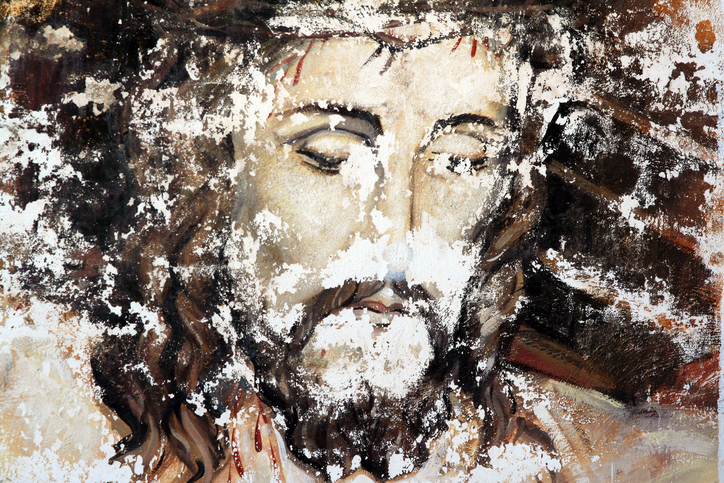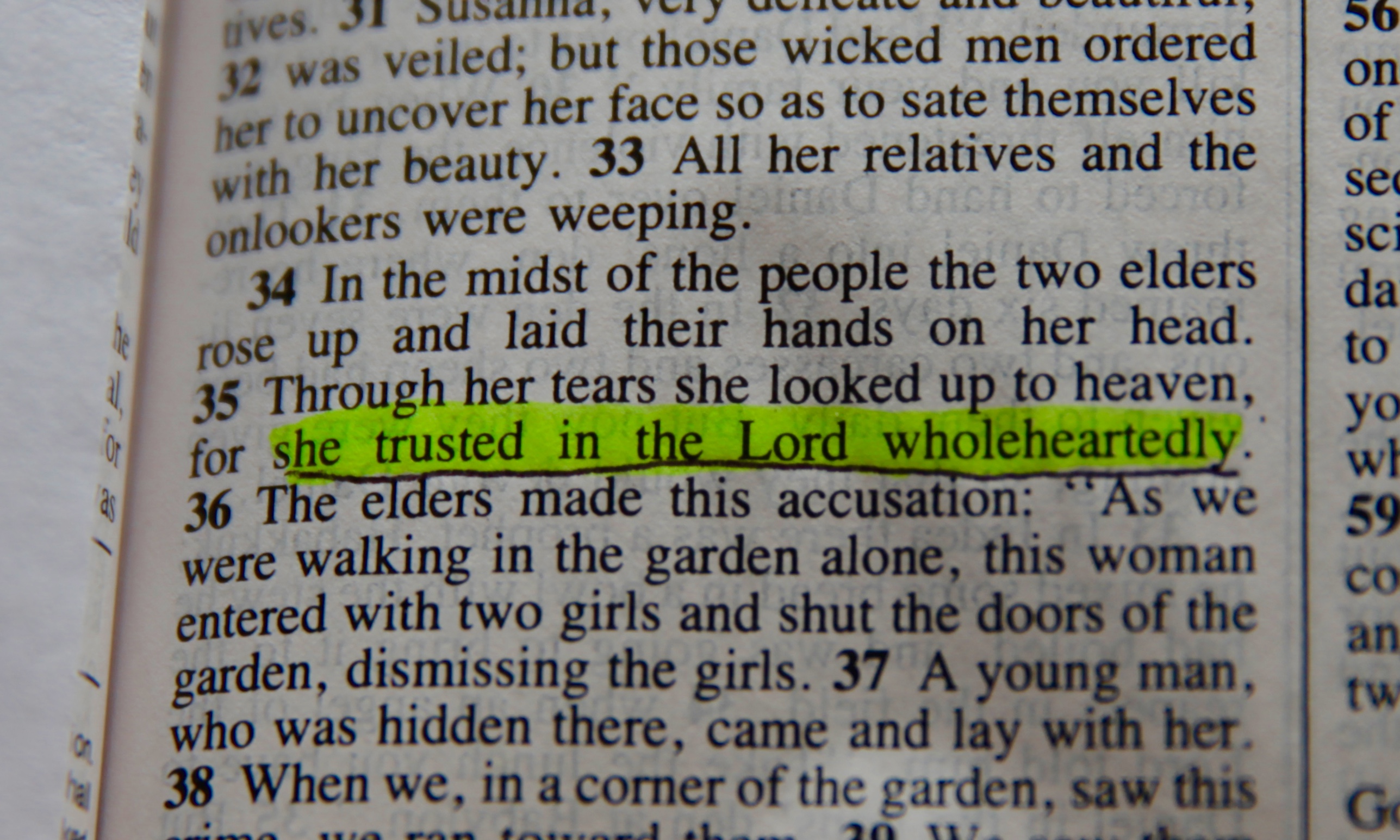Truth, noun, the property (as of a statement) of being in accord with fact or reality.
Here we have a nice, neat, clinical definition of Truth. Something based in fact or reality. I’ve lived a fairly long time. I’ve seen the “truth” of things change over the years. Facts that once were a given as actually true are now skewed by the changing norms of society, especially special interest groups. Things taught to us as truth by the Church, are today under attack as archaic and obsolete. I believe I need not have to go into a detailed list of what we hear each day, in our relationships, on the news or in TV shows and movies. Society has moved away from seeking the truth of things in the most authoritative of places, and instead, are formulating for itself what the truth is, by listening to today’s false prophets. As Christians, it is a tough world to live in. Lent, especially, brings us back to this reality, as each year we dedicate 40 days to renewing our faith and returning to God.
So, what do we do? Where do we turn? How does the truth, as taught to us by Jesus Christ, again become a timely reality in our lives? How indeed? Well, we look squarely into the Face of Truth, Jesus, and start slowly whittling away at that which erodes our faith in all he teaches.
All of this comes from one of the great lines of today’s Gospel, which many of us quote: “If you remain in my word, you will truly be my disciples, and you will know the truth, and the truth will set you free.” And I’ll bet each of us can pinpoint at least once in our lives when we adhered to the truth and realized how much freedom we can experience, in mind, heart and spirit. I recall when I was newly divorced, in my early 30’s, and living by the adage given most women in the 70s and 80s, “you can have it all.” I tried that for a bit. I was miserable. Relationships either fell apart or were destructive. My work and all else I did suffered because I was a slave to the “sin” of wanting to have it all, now, when and how I wanted it. I did not, in any way, rely on the good timing and good things God had in mind for me. After all, what did God know? As it turns out – everything.
The turning point for me was when I took the position of secretary/bookkeeper at the Basilica of St. Adalbert here in Grand Rapids. We had a priest in residence who was, at that time, the hospital chaplain for the Diocese—Fr. Donn Tufts. Father has since passed away. During that time at the parish, he would, every Monday morning, bring the coffee pot into my office and we’d sit for a couple of hours in deep conversation. We talked of the times, the news, personal fears as well as joys. Fr. Donn often would say things to me that nearly knocked me off my chair. He had a way of taking my troubles and pointing back to Christ, gently, yet firmly. I remember saying to him once: “Oh, %*$#%, now I have to think about this!” He would laugh. After he left to become a pastor, we continued monthly lunch meetings with great conversation, and the celebration of Reconciliation while sitting in his living room. I honestly have to say that Fr. Donn turned my life around. Not that I still don’t have much work to do, but I am farther along now than I ever thought I would be. Fr. Donn showed me the Truth and how to see it in the Face of Jesus. I often wonder if Pontius Pilot, who looked squarely into the Face of Truth, ever changed after the encounter.
I tell you all this to remind you that the Truth of Jesus Christ and his teachings are ever relevant, no matter the times. Whenever hearts are open to listening, they are changed, and lives are changed. And that Truth will truly set you free to be who you were intended, by God, to be. It comes to you sometimes with hardship and struggle, but it will come. Freedom will come. The world can swirl all around in its craziness, but you will be free.
I’ll leave you with the words Fr. Donn always said to me when we parted: “Strength and endurance!” I wish each and every one of you as you journey this Lent, “strength and endurance.”
God Bless.

Jeanne Penoyar, an Accounts Manager here at Diocesan, is currently a Lector at St. Anthony of Padua parish in Grand Rapids, MI. While at St. Thomas the Apostle, Grand Rapids, Jeanne was a Lector, Cantor, Coordinator of Special Liturgies, Coordinator of lectors and, at one time, chair of the Liturgy Commission. In a past life, secretary/bookkeeper at the Basilica of St. Adalbert where she ran the RCIA program for the Steepletown parishes. And she loves to write! When relaxing, she likes reading and word puzzles. You can contact her at jpenoyar@diocesan.com.

















